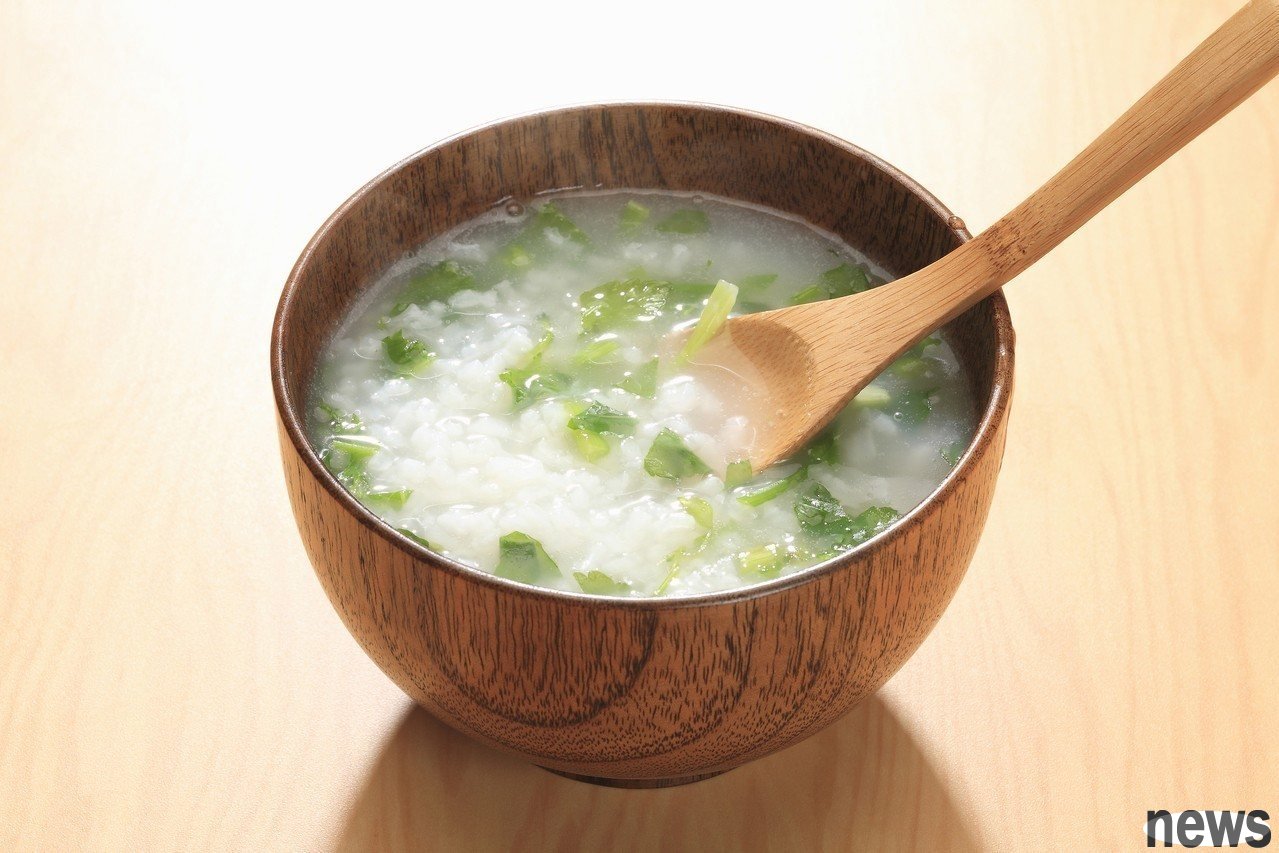Today (8th) is the cold dew, ranking seventeenth on the 24th Day, and it is the alternating heat of cold. After today, let’s say goodbye to the heat and health care needs to be re-adjusted. Chinese doctor Chen Minghe said that the temperature after...

Today (8th) is the cold dew, ranking seventeenth on the 24th Day, and it is the alternating heat of cold. After today, let’s say goodbye to the heat and health care needs to be re-adjusted.
Chinese doctor Chen Minghe said that the temperature after the cold dew is lower than that when the white dew is white, and there is more dew. The dew that was originally covered with white crystals on the ground is about to condense into frost and is cold, hence the name. After the cold dew, the weather is getting better and better, the rainy season is over, and it is often a warm night.
{9 The most important thing to pay attention to during this season is lung, heart and brain vascular diseases, such as middle wind, chronic bronchitis in the elderly, asthma, pneumonia and other diseases. The elderly and young children should arrange their daily life and start wearing long-sleeved clothes to avoid the external evil of the cold and dew, which can prevent diseases caused by the disease.Chen Minghe said that when the heat and cold alternate, the air of the yang begins to change, the yang becomes weak, and the yang becomes lively. The human body will also feel that the natural changes have a unique disease: the evil of removing cold and dampness or cold and dryness invades the lungs and stomachs. When your body feels the dampness of the wind in early autumn and the rain and dew, it is easy to invade the lungs and stomach due to "cold moisture", causing severe headaches, headaches throughout the body, coughs with phlegm and clear stomach, stomach loss, loss of appetite, loose stools, etc. It is advisable to use ginger soup that removes wind and dispels cold moisture to remove cold moisture.
Dry in late autumn, it is not suitable to get hot and nourishHowever, the closer it is to late autumn, the cold will become heavier, and the dampness will decrease and the dryness will increase. The cold and dampness will turn into "cold and dry" invade the lungs and stomach, causing headaches, fear of cold, dry throat, dry nose, dry skin, cough without phlegm, or phlegm sticky and unable to cough out, and even cough hard to have blood, gastric wheezing, dry mouth, dry mouth, dry stool and other symptoms. You should not eat raw ginger, ginger, or garlic. You should change to treat sesame, glutinous rice, japonica rice, honey, almond, glutinous rice, garlic, and other drugs that nourish lung dryness. Only sesame seeds should not be overdosened to avoid relieving dryness and causing swelling and dry cough.
On the other hand, eat more hot foods for breakfast, and it is best to drink hot porridge, such as sugarcane porridge, honeysuckle porridge, glutinous porridge, raw rice porridge and yellow essence porridge. Because japonica rice and glutinous rice can strengthen the spleen and stomach and nourish the Chinese gas. Middle-aged and elderly people and chronic patients eat more red, seeds, mountain medicine, duck, fish, meat, etc.
Yang Lingling, a professor in the Department of Pharmacy at Taipei Medical University, also said that Taiwan is not as distinct from the Central Plains region in the four seasons, and there is already a chill during the autumnal equinox. Therefore, it is not advisable to heat after cold dew. You can use mountain medicine to apply wolfberry and pork ribs. Mountain medicine itself contains polysaccharides, which are beneficial to the body. If you use mutton and other hot pot in cold dew, you may not be able to bear it.
[Reporter/Reporter Zhang Yaomao; Consultation/Chinese Medical Manager Chen Minghe; Source/2008-10-08 Joint Report] (Remarks: The interviewee's vocation may have any changes, please forgive me)